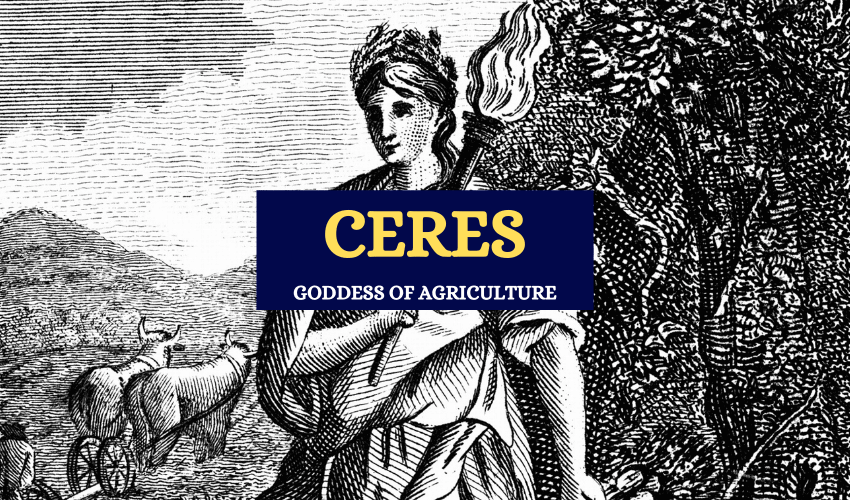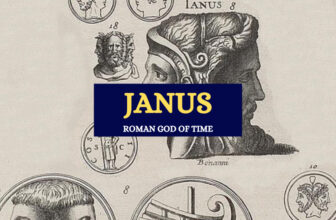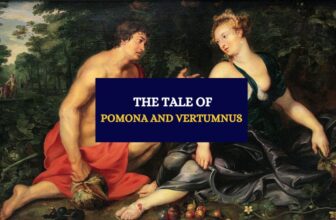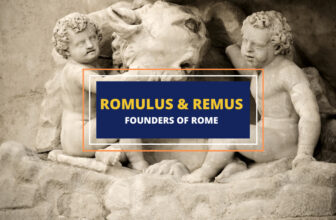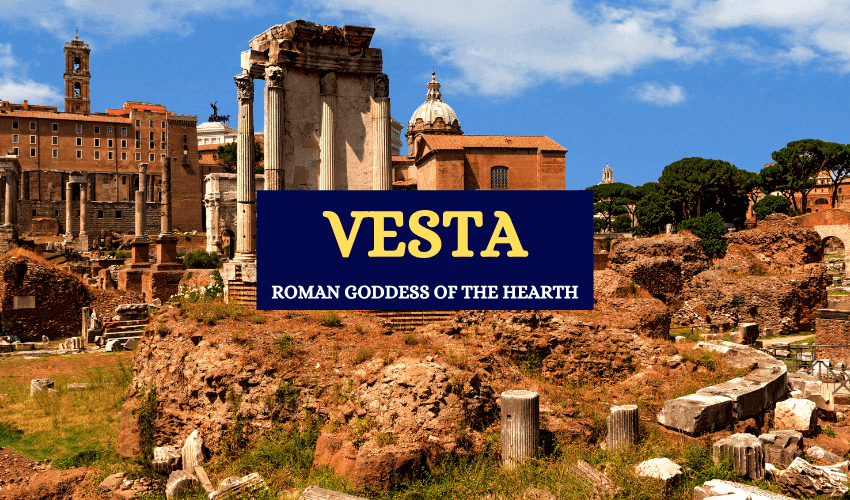
Table of Contents
In Roman mythology, Vesta (Greek equivalent Hestia) was known as one of the twelve most honored deities. She was the virgin goddess of the hearth, home and family and symbolized domestic order, family and faith. Known as the ‘Mater’ (meaning Mother), Vesta was said to be one of the purest of the deities in the Roman pantheon since she was an eternal virgin.
Vesta’s Origins
Vesta was born to Ops, the fertility deity and earth goddess, and Saturn, the god of seed or sowing. Her siblings included Jupiter (the king of the gods), Neptune (the god of the seas), Juno (the goddess of marriage), Ceres (the goddess of agriculture and fertility) and Pluto (the lord of the underworld). Together, they were all members of the first Roman pantheon.
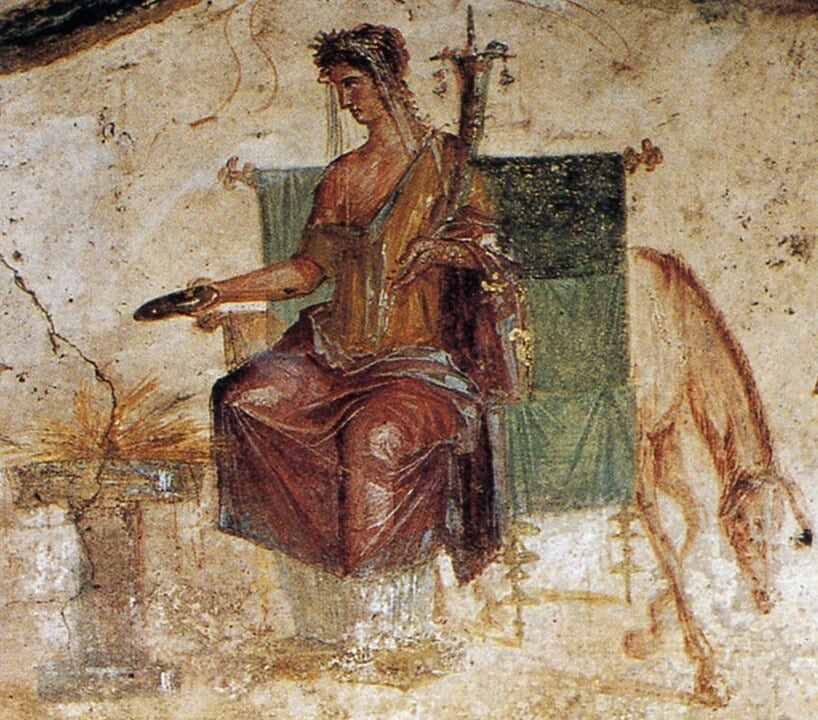
According to the myth, Vesta was born before her brother Jupiter overthrew his father and took control of the cosmos. Saturn, her father, was a jealous deity and was also very protective of his position and power. Soon after his wife got pregnant, Saturn discovered a prophecy which predicted that one of his own sons would overthrow him just like he had done to his own father. Saturn was determined to do everything in his power to prevent the prophecy from coming true so as soon as his first five children were born, he swallowed each and every one of them. Vesta was one of them.
Ops was angry when she saw what her husband had done and she hid her last born child, Jupiter, from him. She dressed a rock in a newborn child’s clothes and gave it to Saturn. As soon as he got it into his hands, Saturn swallowed the rock, thinking it was the child but the rock wouldn’t digest in his stomach and he soon vomited it out. Along with the rock came the five children that he’d swallowed. Together, Saturn’s children overthrew their father (just like in the prophecy) and then they established a new regime, dividing the responsibilities among themselves.
Vesta’s Role in Roman Mythology
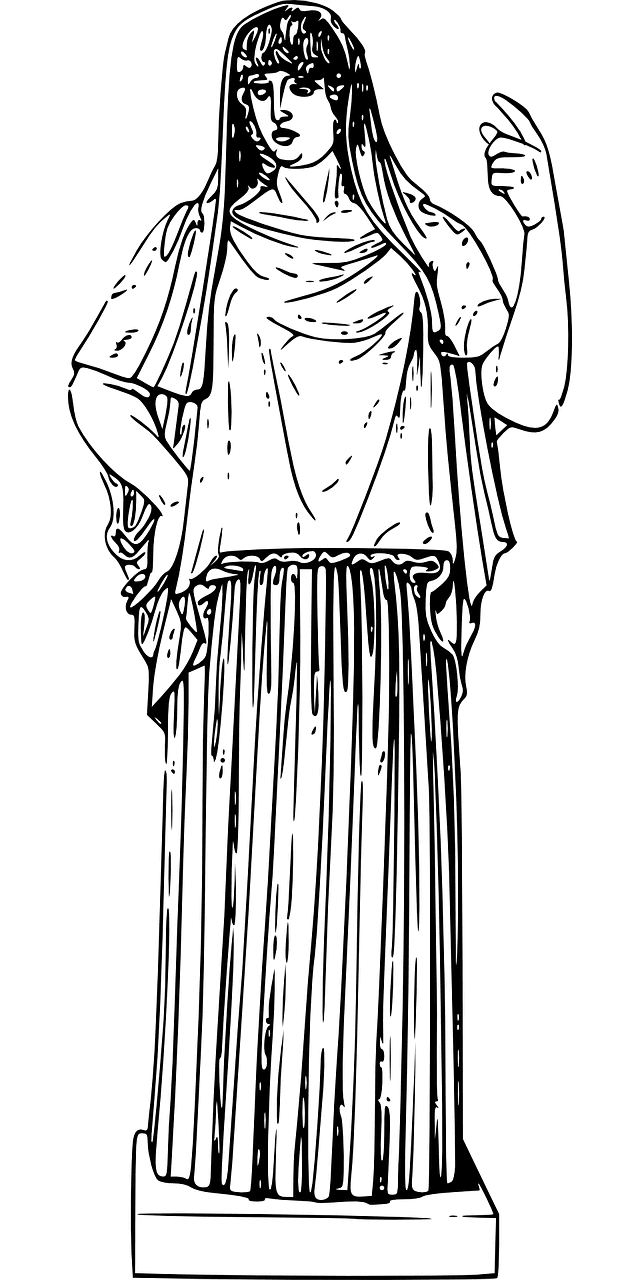
As the goddess of home, hearth and family, Vesta’s role was to oversee how families lived and the help them to look after the state of their homes. She made sure that their homes were tranquil and that their sanctity was well maintained.
Vesta was always depicted as a well-mannered goddess who never became involved with the conflicts between other deities. In some accounts, she was associated with the phallus and fertility but this is surprising since she was a virgin in comparison to the other Roman deities. According to mythographers, Vesta didn’t have any myths of her own other than being identified as a deity of the original Roman pantheon. She was often depicted as a fully draped, beautiful young woman.
Because of Vesta’s beauty and her kind and empathetic character, she was much sought after by other gods. However, she was never interested in them. In fact, she fought off the advances of both Apollo and Neptune and it’s said that afterwards, she asked her brother Jupiter to make her a virgin for eternity to which he agreed. She then thanked him by taking care of his hearth and his home. Therefore, the goddess became identified not only with domestic life but also domestic tranquility.

The hearth and the fire are symbols closely associated with the goddess Vesta. For the ancient Romans, the hearth was important not just for cooking and boiling water but as a place for the whole family to gather. The people would make sacrifices and offerings to the gods using the fires in their homes. Therefore, the hearth and the fire was considered the most important parts of the household.
Vesta and Priapus
According to a story told by Ovid, the mother goddess Cybele hosted a dinner party and all the deities were invited to it, including Silenus, the tutor of Bacchus, and Vesta who was excited to attend. The party went well and towards the end of the night, almost everyone was drunk including Silenus who had forgotten to tie up his donkey.
Vesta was tired and found a comfortable spot to rest. Priapus, the god of fertility, noticed that she was alone. He approached the sleeping goddess and was about to have his way with her when Silenus’ donkey that had been wandering about brayed loudly. Vesta woke up and realized what was about to happen so she screamed as loudly as she could. The other gods were furious with Priapus, who managed to escape. Thanks to Silenus’ donkey, Vesta was able to preserve her virginity and donkeys were often honored during Vestalia.
Vesta in Roman Religion
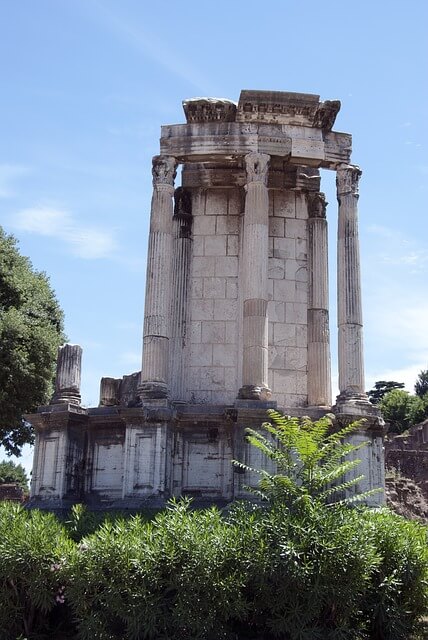
The cult of Vesta can be traced far back to the founding of Rome which was thought to be in 753 BCE. People worshipped the goddess in their homes since she was the goddess of home, hearth and family, but there was also a temple dedicated to her in the Roman Forum, the main center of Rome. Inside the Temple was an eternal sacred fire known as the ignes aeternum which continued to burn as long as the city of Rome prospered.
The Vestales were priestesses of Vesta who were sworn to virginity. It was a full time position, and Vestal Virgins were released from the authority of their father. The virgins lived together in a house near the Roman Forum. The Vestales were the only ones who were allowed to enter Vesta’s temple and they had the responsibility of maintaining the eternal fire. However, the punishment for breaking their 30-year vow to live a life of chastity was terrible. If they were to break their oath, the penalty would be a painful death, either being beaten and buried alive, or have molten lead poured down their throat.
The Vestalia
The Vestalia was a week-long festival held in the honor of the goddess every year from the 7th to the 15th of June. During the festival, a procession would march to the Temple of Vesta with barefoot maidens in the lead and they made offerings to the goddess. After the festival was over, it was time for the ceremonial sweeping of the temple to purify it.
The festival was highly popular among the Romans but in 391 CE it was abolished by the Roman Emperor, Theodosius the Great, although the public opposed this.
In Brief
As the goddess of hearth, fire and family, Vesta was one of the most important deities in the Greek pantheon. While she didn’t play an active role in the myths, she was among the most revered and worshiped of the Roman deities.




